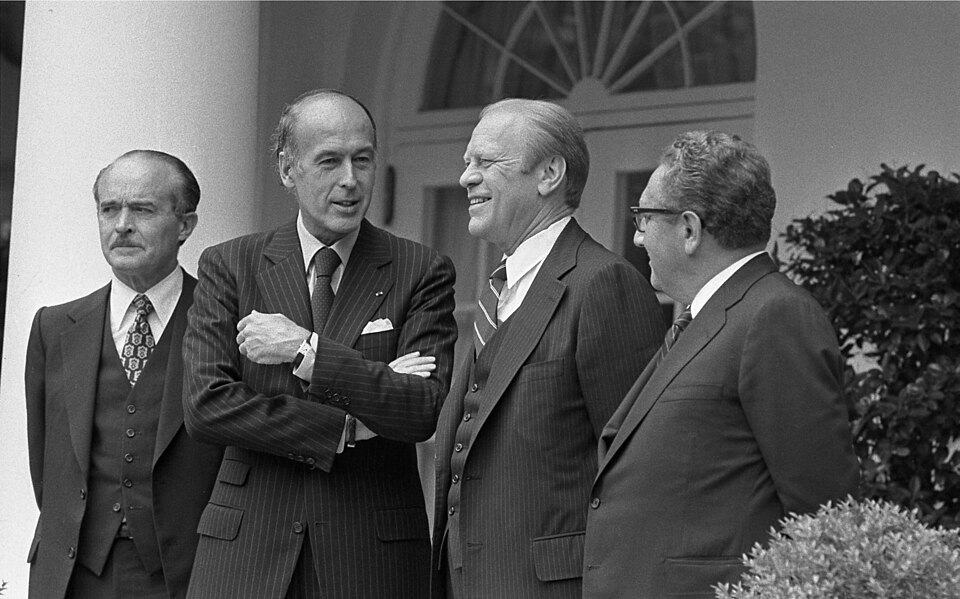Les États-membres du Conseil de coopération du Golfe (CCG) se sentent directement concernés par les fractures du monde accélérées par la guerre en Ukraine. L’objectif du CCG est de contribuer à la stabilité mondiale au carrefour du « Sud global » en dialoguant avec tous les acteurs internationaux.
The ‘New International Order’ from a Gulf Perspective
The ‘New International Order’ from a Gulf Perspective
The member states of the Gulf Cooperation Council (GCC) feel directly concerned by the many fractures in the world, whose momentum has been increased by the war in Ukraine. The aim of the GCC is to contribute to stability at the crossroads of the Global South through dialogue with all international actors.
From the perspective of the Gulf states, if there is a new international order developing, it will be characterized by ambiguity and uncertainty, in particular throughout the period of transition leading to such a new order. At the moment, however, the key question to be considered is whether one is indeed witnessing the end of the post-1990 order. For Saudi Arabia and the rest of the Gulf Cooperation Council the answer remains inclusive, and there is still the general belief that the U.S. domination of global affairs is not going to end anytime soon. The most likely scenario is that many of the facets of the current international order will remain for some time, but that a gradual transition to greater forms of regionalism is well underway.
From a Gulf perspective, the war in Ukraine is certainly seen as a decisive factor in determining the future of the international order. If there is a clear outcome to this European conflict, two scenarios could be envisioned: either the continuation and enhancement of the post-1990 international order with the U.S. maintaining its hold and continuing to dominate the global power arrangement, or the emergence of a new international order in which Russia and China are powerful and influential partners. In either case, the decline of an independent European role within the international order, a development that would be seen as a negative outcome of the Ukraine conflict, needs to also be contemplated. As such, an outcome to the conflict where Russia would be forced to withdraw to its pre-February 2022 position without having to accept a humiliating defeat would be the most favorable one for Europe. Whether such a result can be achieved however, remains to be seen.
The Gulf within the international system
One could argue that, for the Middle East in general and the Gulf region in particular, the post-1945 Cold War environment and the conflict between the East and West were disadvantageous. For one, countries were forced to take sides for or against one or the other camp, often misaligned with their own national interests. Initially therefore, the collapse of the Soviet Union, the destruction of the Cold War international order, and the rise of U.S. domination were well received in the region.
Il reste 84 % de l'article à lire
Plan de l'article




_astronaut_Sophie_Adenot_(jsc2025e058846_alt).jpg)



